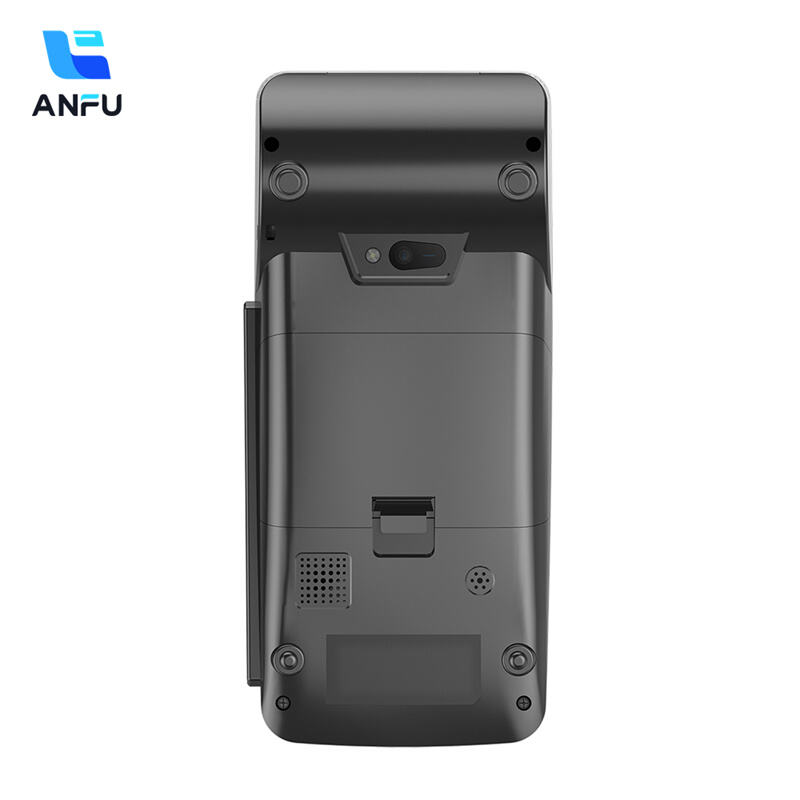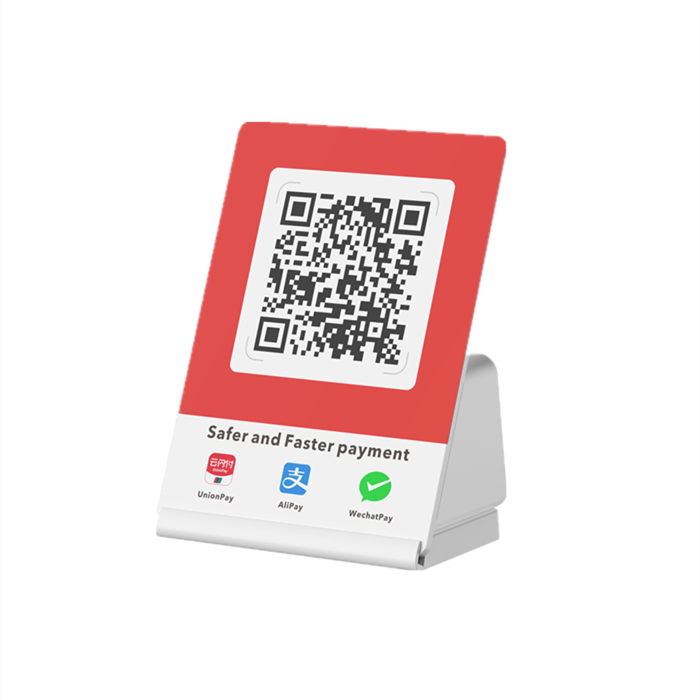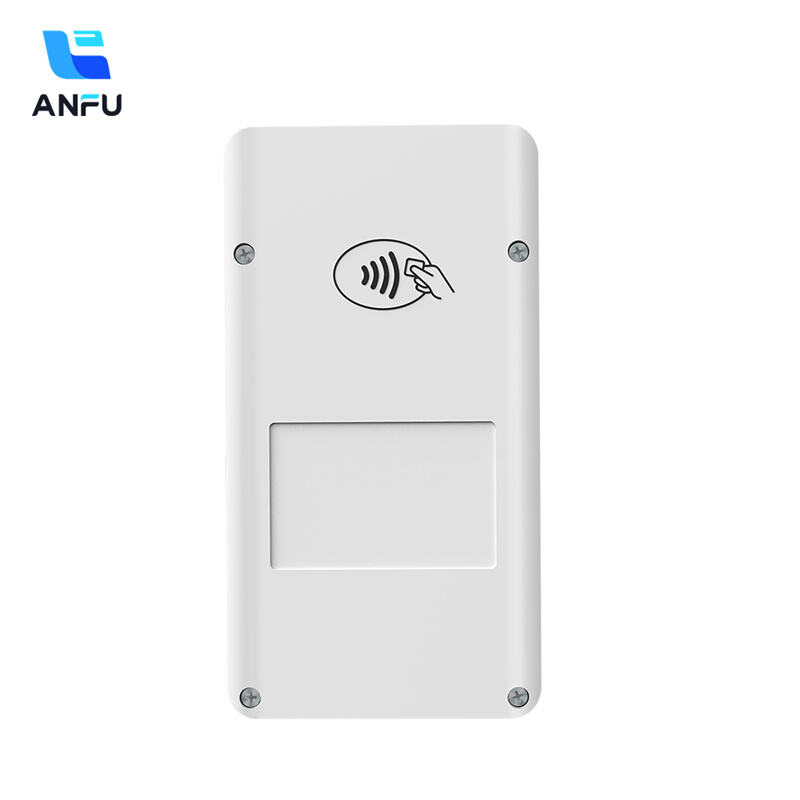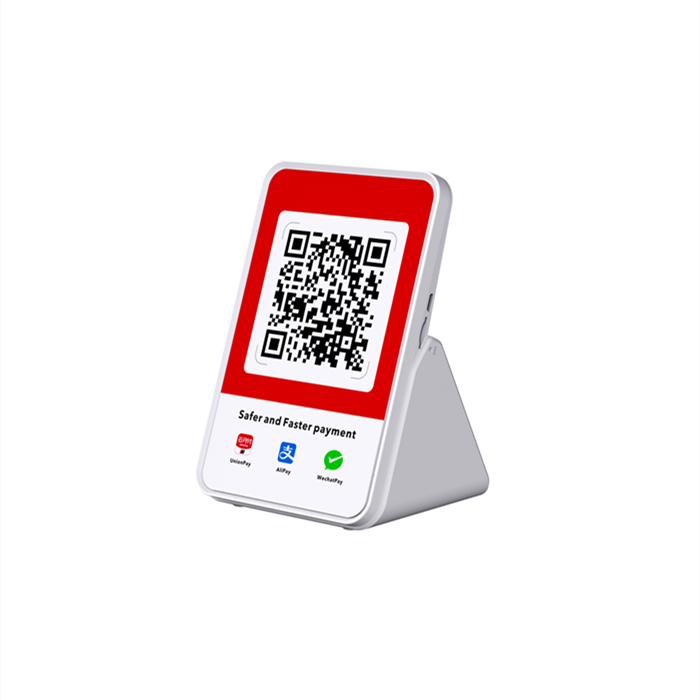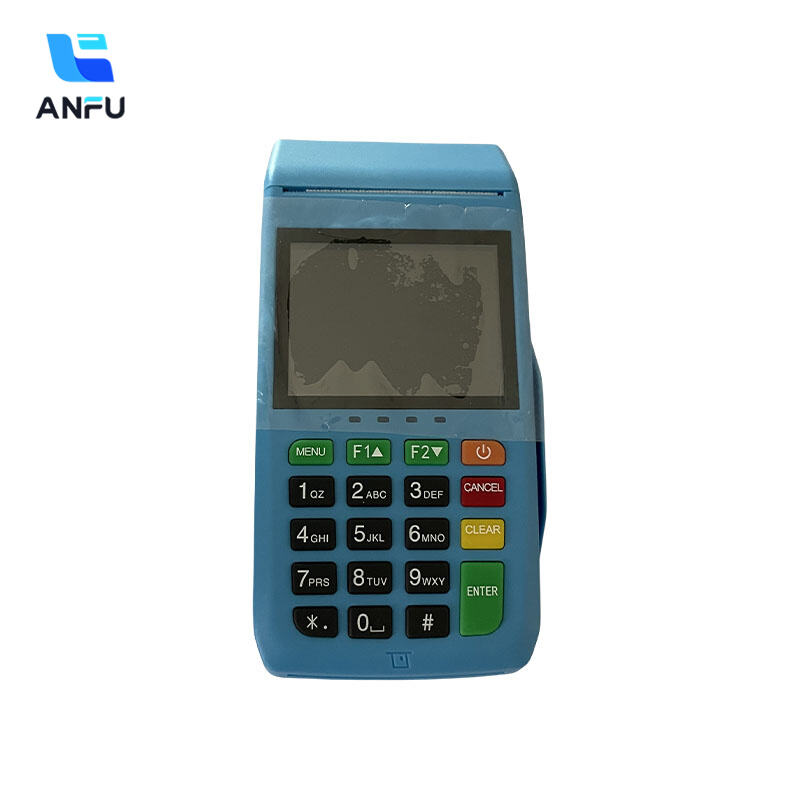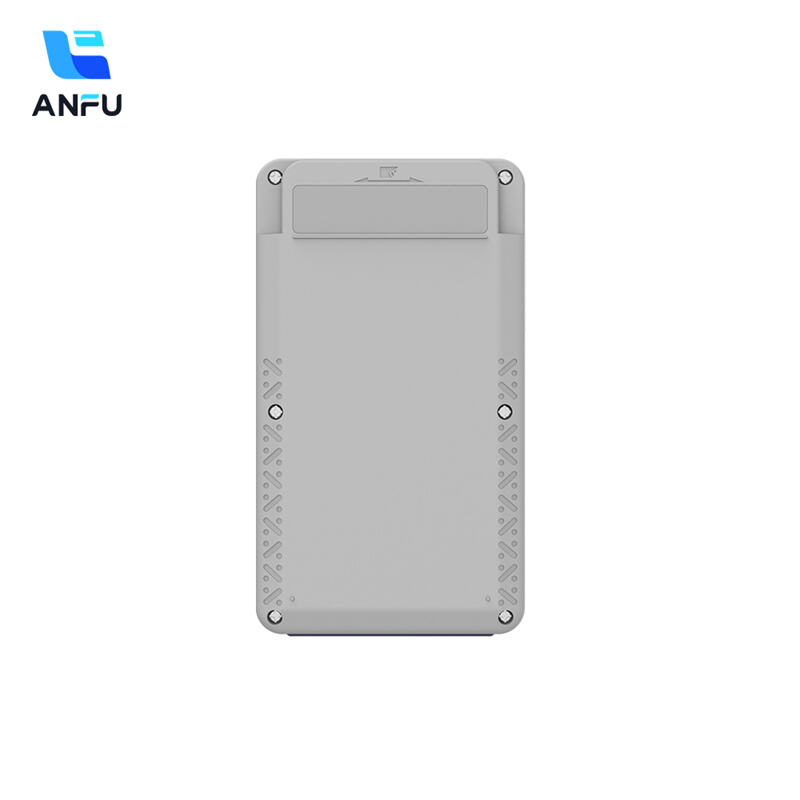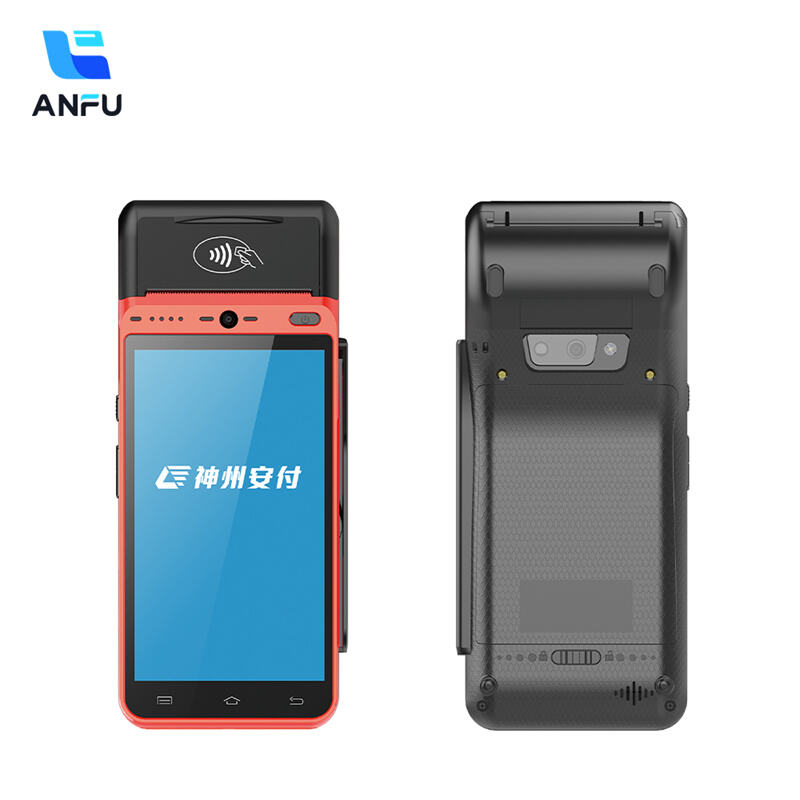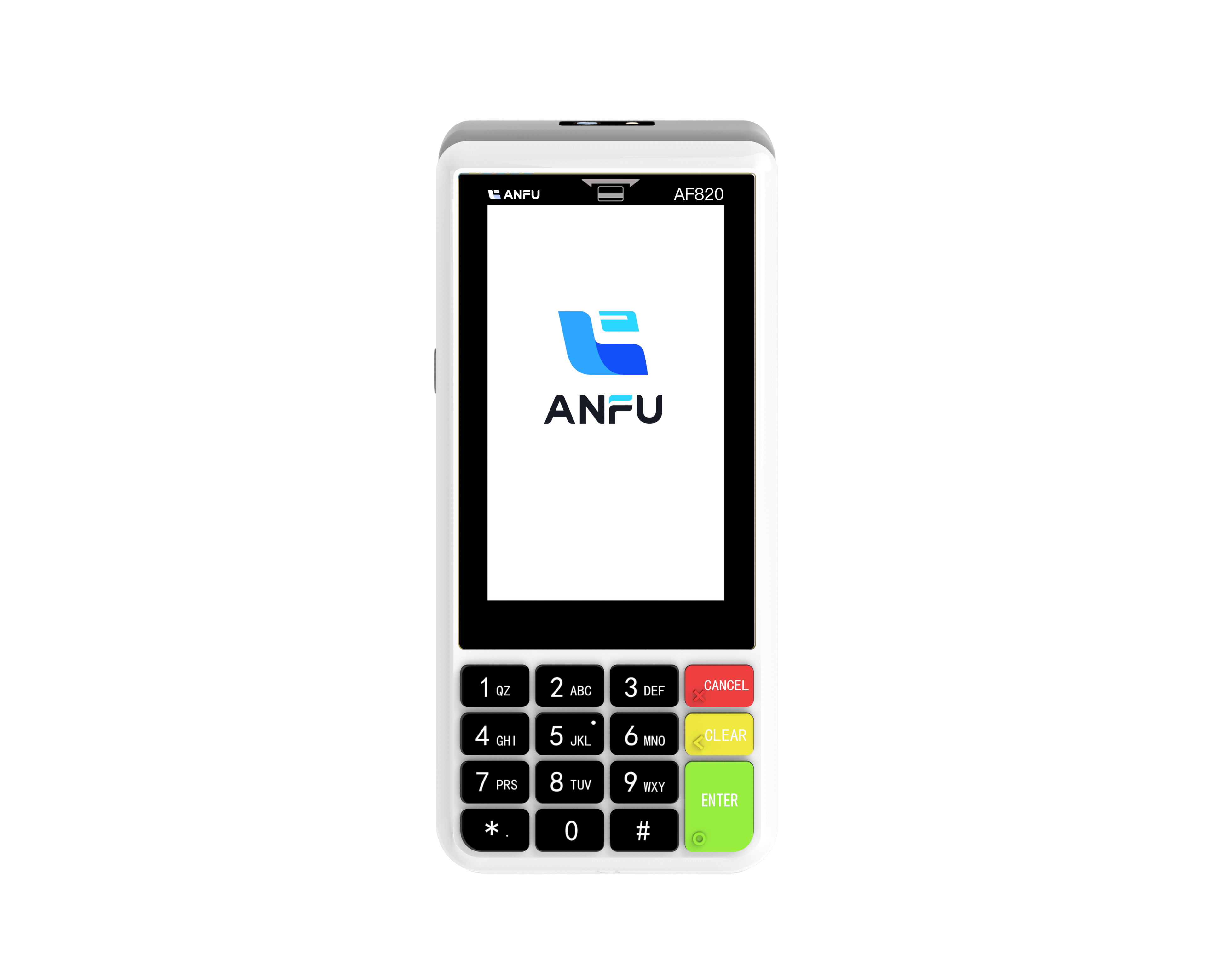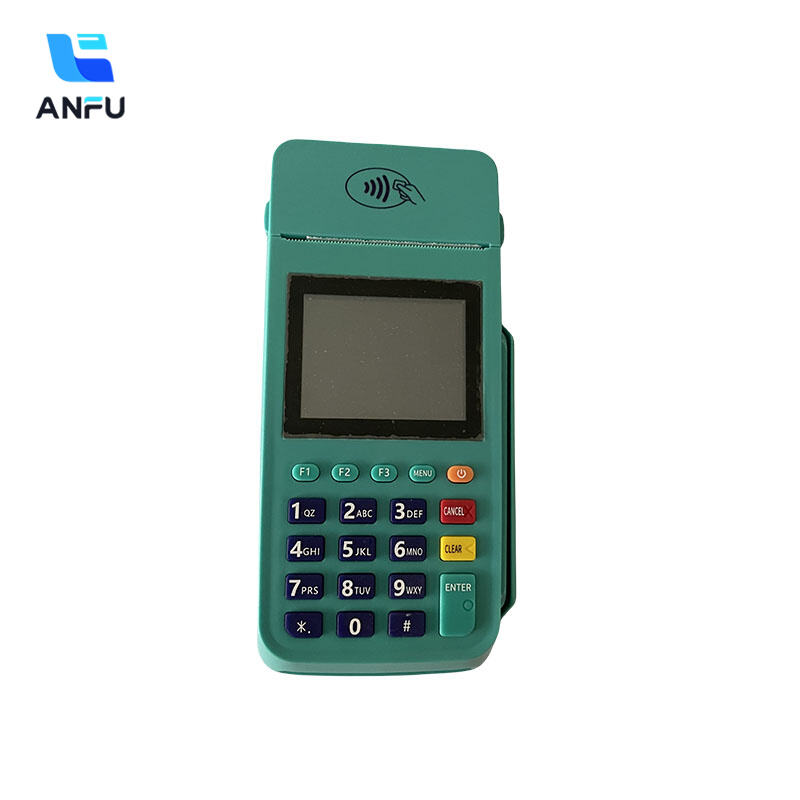8 Reasons Food Trucks Choose Mini POS Over Bulkier Systems
1. Compact Design for Mobile Operations
Optimizing Limited Workspace
Running a food truck means making every inch count in what's basically a kitchen on wheels. Space constraints force operators to think creatively about how they arrange everything inside. Good spatial planning really matters because it affects how well things run day to day. When equipment and workstations are placed just right, crew members don't waste time walking back and forth between spots. Take Maria's Tacos for example their chef told me last week that rearranging their grill station cut down wait times by almost half during lunch rushes. Some smart folks in the industry have seen sales jump around 20% after optimizing their layouts. The bottom line? Getting creative with limited square footage isn't just about saving space it's about creating better experiences for everyone involved from prep to plate.
Lightweight Hardware Portability
Lightweight gear makes all the difference for food trucks. When staff aren't dragging around heavy equipment, they get less tired during long shifts, and setting up shop happens much faster too. Tablets and those little handheld printers are great examples of what works best for mobile kitchens. Some research from last year found that trucks with these portable payment systems cut down on wait times by about 30%, which means happier customers overall. The real win comes when food trucks stay nimble while handling rush hour crowds without missing a beat between orders.
2. Offline Functionality in Remote Locations
Payment Processing Without Internet
Food truck owners who work in remote spots need good offline capabilities to keep their businesses running smoothly. When there's no internet connection available, these offline features let them take payments and process orders without missing a beat. Many modern point of sale systems now have an offline mode that handles transactions just fine until the signal returns. Square and Toast are two popular options that include this kind of backup system right out of the box. Most food trucks actually spend time in locations where cell service is spotty at best. That's why having reliable offline tools isn't just nice to have it's pretty much necessary if they want to avoid losing customers during those inevitable dead zones.
Data Sync When Connectivity Resumes
When the internet comes back online after an outage, getting data synced across systems becomes really important for food truck operators. The syncing process makes sure everything gets updated properly - from daily sales figures to what's left in stock at each location. Good synchronization stops valuable information from disappearing and keeps businesses running smoothly because managers can see real time numbers about how their trucks are performing. Without proper syncing, there's always a risk of mismatched inventory counts or lost revenue from unrecorded sales. We've seen plenty of cases where missing data caused serious problems for small food businesses. That's why most smart operators schedule regular sync intervals so their mobile kitchens stay connected and functional no matter where they park for the day.
3. Rapid Transaction Speed
Reducing Customer Wait Times
Cutting down on waiting around matters a lot when it comes to keeping folks happy at food trucks where everything moves fast. Faster transactions made possible by stuff like NFC payments and those barcode scanners really help out. They let people pay quicker so lines don't get too long and everyone leaves happier. We've seen time and again that if someone waits too long, they might just forget about coming back later. A recent Gallup poll actually found something pretty telling here too - about half of all surveyed customers said they wouldn't bother returning to places where service dragged on forever. That shows just how big of a deal getting payments done quickly actually is for bringing people back week after week.
Handling High-Volume Orders Efficiently
The truth is, most food trucks deal with huge crowds at their busiest hours, so getting orders out fast becomes absolutely critical for keeping customers happy. Many smart operators now use queue management tech to keep things running smoothly. These systems let them track who ordered what and when, which cuts down on mistakes and keeps wait times reasonable even when lines stretch around the block. Look at any popular food truck that's been around for a while, and chances are they've invested in some sort of digital ordering solution. The results speak for themselves too – fewer mix ups, faster service, and ultimately happier patrons who come back again and again because they know what to expect.
4. Real-Time Inventory Tracking
Preventing Stock Shortages
Keeping track of inventory in real time helps prevent those frustrating stock shortages and makes sure products stay on hand when customers want them. Modern inventory systems give food truck owners alerts as soon as stock starts running low based on actual sales numbers. When operators spot these drops early, they can restock before items disappear from menus entirely. According to some research published in Restaurant Technology News, restaurants actually miss out on around 9 percent of possible sales because their shelves run empty. Putting in place good tracking systems cuts down on those losses while keeping patrons happy and money coming in steadily over time.
Minimizing Food Waste Alerts
Keeping track of what's in stock really matters for cutting down on food waste because it tells workers when stuff is about to go bad. Less wasted food means better things for both the planet and the bottom line. Take a look at food trucks specifically. When they throw away less leftover product, that cuts down on garbage going into landfills. Money wise, smart inventory management saves cash and boosts profits over time. The National Restaurant Association did some research showing food trucks could cut their waste by around 40% just by using proper inventory systems. Food truck operators who watch those expiration dates closely and manage their supplies well tend to stay profitable while also doing their part for green initiatives. Most small business owners know this makes sense for their wallets as much as for the environment.
5. Dynamic Menu Adaptability
Instant Menu Updates On-the-Go
The ability to adjust menus on the fly makes all the difference for food truck businesses wanting to keep customers happy while working with what's actually in stock. Digital menu boards have become a game changer for many operators who can now tweak their offerings instantly throughout the day. When an item runs out, they simply remove it from display so no one gets disappointed waiting for something that isn't available anymore. Plus these electronic signs look way better than those old paper menus stuck to windows with tape. According to some recent numbers floating around the industry, trucks using this kind of system tend to sell more stuff because they stay relevant to whatever people want at any given moment. The folks running these mobile kitchens tell me it keeps regulars coming back too since there's always something new or different happening.
Seasonal Specials Integration
Adding seasonal specials to what food trucks serve really helps draw in customers and boost sales. When menus get updated fast to match what's trending seasonally, it brings in fresh faces while keeping folks who come back regularly interested too. Industry data shows these kinds of promotions tend to work better because people love those limited time things and follow the seasons' natural rhythm. Take pumpkin spice stuff for instance during fall months. Food trucks that jump on that bandwagon early usually do pretty well since everyone seems obsessed with pumpkin spice this time of year. Keeping menus fresh with timely twists isn't just about staying competitive, it's practically necessary nowadays if food trucks want to stay top of mind when hungry customers are looking for something different.
6. Cost-Effective Investment
Lower Upfront Costs vs Traditional Systems
Food truck owners thinking about getting a point of sale system usually discover that mini POS options work better for their budgets compared to regular setups. The old school systems need a big chunk of cash upfront just for the hardware and setup, sometimes costing several thousand bucks right off the bat. Mini systems like TouchBistro or Toast start at around $69 a month, making them much easier on the wallet for smaller operations. The money saved initially lets food trucks put funds toward things they really need, such as better marketing campaigns or buying fresher ingredients. Plus, these compact systems save money day to day because everything runs smoother without all the extra steps. Real world data backs this up too many operators report cutting down expenses significantly after switching from traditional POS equipment. For someone running a mobile kitchen where every dollar counts, these mini systems just make good business sense.
Reduced Maintenance Expenses
The latest point of sale systems cut down on maintenance spending thanks to smart tech integration and cloud computing. Old school hardware used to break down all the time and needed constant fixing and software updates. Modern versions just work better with far less fuss. Take cloud based systems for example they save money on IT bills and keep businesses running when problems happen because fixes can be done from anywhere without sending someone out to fix things onsite. Some studies show traditional systems cost around $100-$300 per year to maintain while new models basically run themselves most of the time. Food truck owners especially benefit from this since every dollar counts when trying to grow a mobile business. Investing in updated equipment means fewer unexpected repair bills and more cash available for expanding operations or upgrading kitchen gear. Over time, these savings really add up making modern POS systems worth considering even though upfront costs might seem steep at first glance.
Actionable Sales Analytics
Identifying Top-Performing Items
Knowing which menu items really sell well matters a lot when it comes to making money running a food truck. Sales numbers tell operators exactly what dishes bring in the cash, so they know where to put their attention and resources. Take Clover as one tool many use these days it gives detailed reports showing how each item performs day after day and month by month, clearly pointing out winners and losers on the menu board. Real world examples from other food trucks show that those who pay attention to these sales patterns tend to boost their bottom line while cutting down on wasted ingredients. When businesses tweak their menus according to actual sales data instead of guesswork, customers generally end up happier too because they get to order what people actually want, not just what someone thought might work.
Optimizing Operational Hours
Food truck owners who tweak their operating hours based on actual sales numbers tend to make more money overall. When operators look at which times their trucks get the most customers and sell the most items, they can shift around when they're open to match what people want. Knowing when crowds come and go helps with staffing too, plus it makes managing inventory easier so there's less leftover food going bad. Some studies show places that change their hours to fit customer schedules actually bring in more cash during those busy periods. Most successful food truck operators we've talked to say this approach works wonders for them, helping strike a good balance between serving hungry customers and keeping costs down without sacrificing profits.
8. Customer Loyalty Features
Reward Programs for Repeat Business
Loyalty programs really help keep people coming back to food trucks again and again. When vendors give out perks like special discounts, limited time deals, or points they can cash in later, customers tend to stick around longer. The food truck scene has seen some good results from different reward structures too. Point systems where folks earn something for every purchase work pretty well, as do tiered rewards where regulars get better benefits over time. Take Square for instance – many mobile kitchens use their loyalty solution which hooks right into existing payment terminals. This lets operators recognize their top customers without making things complicated at checkout. According to industry reports, businesses that implement these kinds of programs often see double digit improvements in repeat visits within just a few months. Makes sense why so many street food operators are jumping on board with some sort of customer appreciation scheme these days.
Personalized Marketing Campaigns
Analytics driven personalized marketing gives food trucks a smart way to reach out to regulars and new customers alike. These days there are all sorts of tech tools available that let businesses customize their promotions according to what people actually want and need. Take Toast POS for instance it gathers all kinds of customer info which helps food truck owners create ads that really speak to specific folks who stop by their carts. The numbers don't lie either restaurants using tailored approaches see anywhere from 15% to 30% increases in both foot traffic and repeat business. Beyond just making more money, this kind of targeted outreach builds stronger connections with patrons over time. People start recognizing names, remembering favorites, and coming back week after week because they feel seen and valued as individuals rather than just another transaction.
FAQ
What is the importance of compact design for food trucks?
A compact design maximizes functionality within a limited space, facilitating efficient operations that lead to higher customer satisfaction and employee productivity.
How do offline POS systems benefit food trucks in remote areas?
They allow food trucks to process payments without needing internet access, ensuring uninterrupted service even in areas with poor connectivity.
Why is real-time inventory tracking crucial for food trucks?
It helps prevent stock shortages and minimizes food waste by providing timely alerts, thus maintaining customer satisfaction and sustainability.
What are the advantages of modern POS systems over traditional ones?
Modern POS systems typically have lower upfront costs and maintenance expenses, offering reliability with minimal upkeep and enhanced operational efficiency.
Recommended Products
Hot News
-
Smart Card 2019
2024-01-23
-
Trustech 2019
2024-01-12
-
Futurecom 2019
2024-01-12
-
Seamless Payments Asia 2020
2024-01-12
-
Seamless Middle East 2022
2024-01-12

 EN
EN
 AR
AR
 BG
BG
 CS
CS
 DA
DA
 NL
NL
 FR
FR
 IT
IT
 JA
JA
 KO
KO
 PL
PL
 PT
PT
 RU
RU
 ES
ES
 TL
TL
 ID
ID
 LT
LT
 UK
UK
 VI
VI
 HU
HU
 MT
MT
 TH
TH
 TR
TR
 FA
FA
 AF
AF
 MS
MS
 MK
MK
 HY
HY
 AZ
AZ
 KA
KA
 BN
BN
 BS
BS
 LO
LO
 MN
MN
 NE
NE
 ZU
ZU
 MY
MY
 KK
KK
 UZ
UZ
 KY
KY
